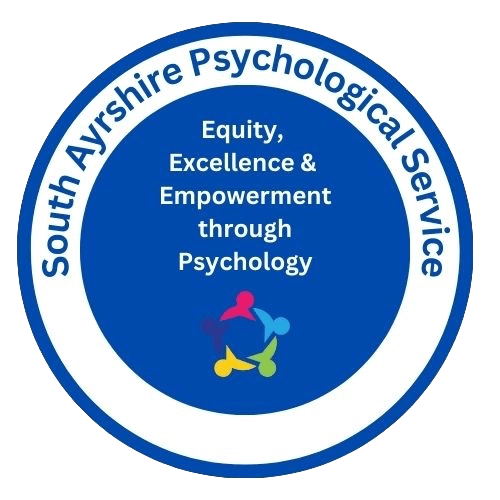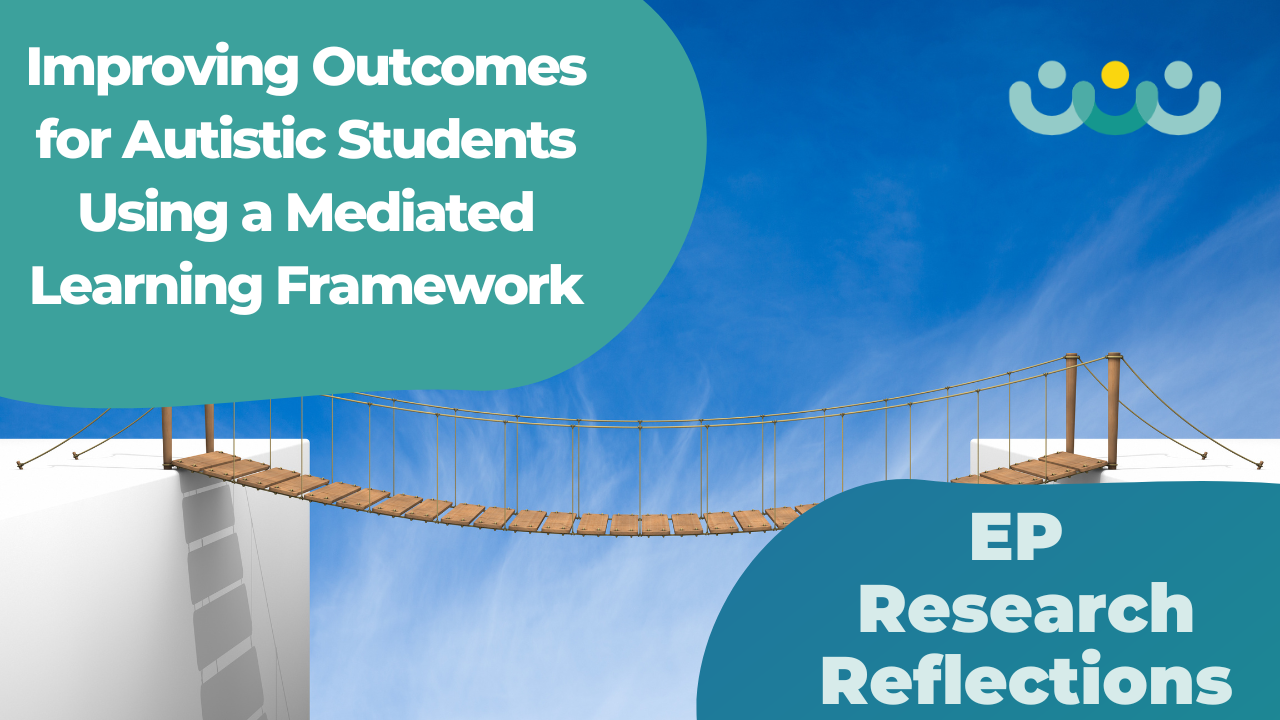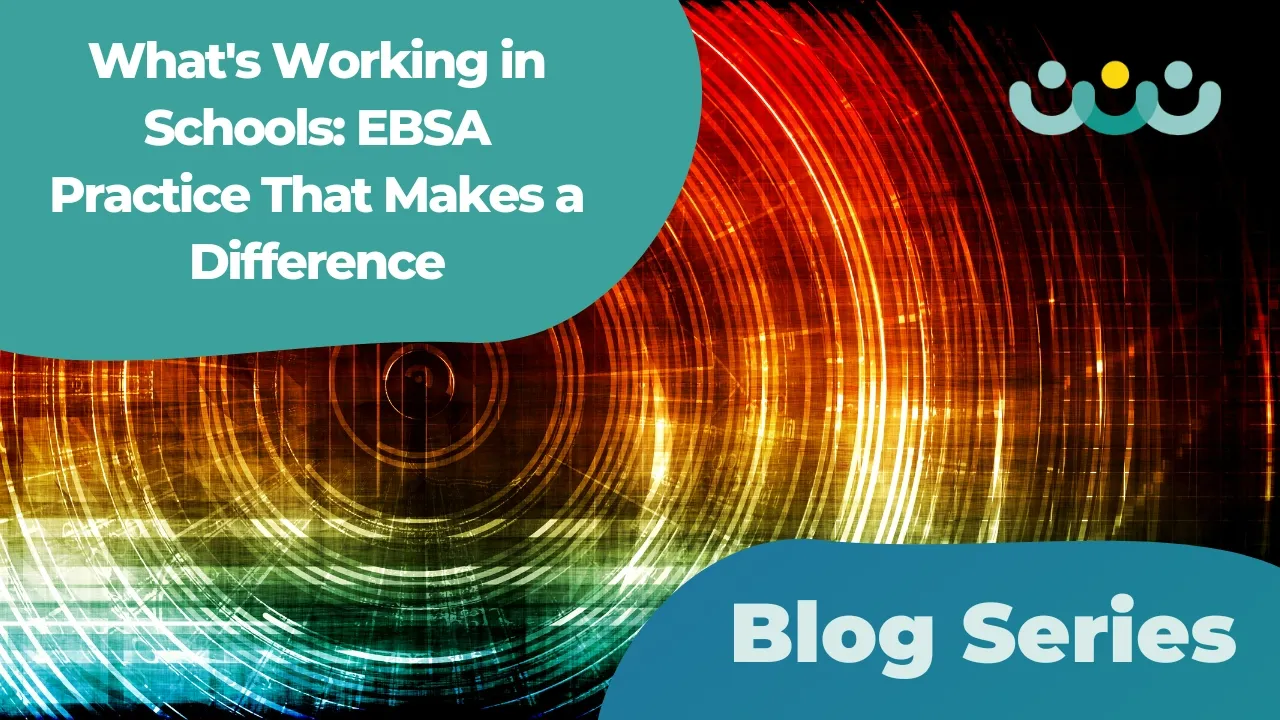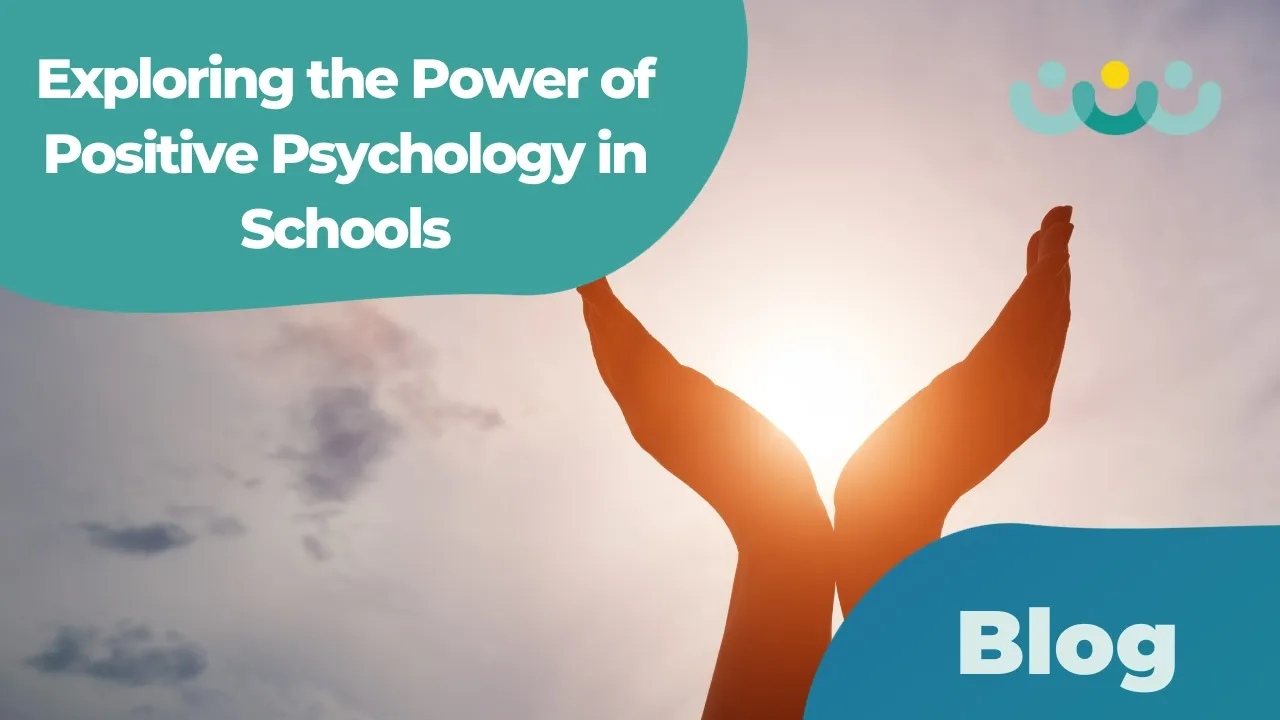In this blog, Dr Helen Finnegan shares findings from her doctoral research, which examined how teachers’ use of mediated learning strategies in specialised autism classes can support better student outcomes. While my research is set within the context of the Irish education system, the challenges fa...
This is the second blog in our series exploring barriers to education. In the first blog, Shannon Hatton-Corcoran and Rachel Lyons introduced the WARMTH framework - six foundations to reduce barriers to education, recognising that declining attendance is a symptom of unmet need requiring compassiona...
Working Memory is the biggest predictor of children’s achievement we have. In essence, it is our 'thinking capacity' and is that important for learning that is has been likened to the 'new IQ' by some researchers.
Working Memory is our capacity to think about and process information; both new (e.g....
Tina Coope is the Education lead at PANS PANDAS UK, working to raise awareness of the conditions amongst educators and to support the development of effective practice. She has written multiple education resources about the conditions and has created the first teacher training presentation in the U...
Dr Carole Campbell of South Ayrshire Psychological Service, shares the Positive Psychology Intervention for group and whole class work with children and young people, and explores the impact as an early intervention and prevention approach.

Positive Psychology
With educational psychologists ofte...
Introduction
Precision Teaching is an engaging, individualised pedagogical technique that offers a practical approach to boosting literacy, numeracy and a range of other discrete learning. It’s strengths and benefits are well reflected by its popularity and the fact that it has been a cornerstone o...








